The out-of-the-blue announcement from Secretary of Defense Ash Carter that the department is working on a plan that would lift the ban on service by openly transgender people came as a huge surprise and a victory for the community. Although as a trans woman and an Army veteran I was happy that the military was moving forward, I still had very real reservations about how great this would actually be for trans people.
One undeniable characteristic of the military is its emphasis and celebration of traditional masculinity and aggression. From the minute you join, you are singing marching cadences celebrating fighting, drinking, killing, and a dark sense of humor. In basic training they teach you how to stab people to death, break their arms, and beat them with your rifle; this is in the first three weeks of being there, and everyone has to learn this. From there, depending on your job and unit, it may be more intense than this, with some unit traditions and rituals bordering on hazing. Across all units and branches of service, there is an emphasis on being "a hard charger" in everything you do. Only the hardest-working, most ambitious, and thickest-skinned will thrive. While for the most part this is what makes the military function and succeed, there are always those who take it too far.
One of the most terrible side effects of this culture is that sexual assault is endemic, with victims being not only women but men as well. As is well known, rape is all about dominance and control, and is the most dire example of this dangerous level of aggression. However, it also provides evidence of an undeniable aspect of military culture that many men would deny, but almost all women would confirm: Misogyny is rife in the service. A common myth in the Army is that women get pregnant on purpose so they don't have to be deployed to a conflict zone (so much that "women get pregnant to avoid military deployment" is a suggested search term on Google). Another common attitude is that female soldiers must be sexually available to males.
A recent study found that female service members were afraid to request condoms from their clinics because of the stigma of being thought overly promiscuous or, as I would often hear in the barracks, "a slut." I'd hear the constant stories relayed by women in the military: sex for favors, sex to get ahead, and a culture of silence about it. In my time in the service, it was as common as the color green to hear male soldiers brag of their sexual conquests, and when rejected by a woman, even their fellow soldiers, they'd say those women had to be sluts, whores, or dykes.
Not only is this misogyny seen in the issue of sexual assault, but in the underlying idea that being female or feminine is inherently inferior. Women are not the only ones affected by this cultural ideology; men are too. The all-encompassing idea that a soldier is a warrior, free of weakness, has developed into a distorted belief that any weakness means one is not a real man or a worthy soldier, leading to a fear that one is never good enough. This fear of being seen as less than perfect leads to issues that are deeply troubling.
Soldiers fear that therapy for post-traumatic stress disorder will make them seem weak, that they are not tough enough, and will be discharged from the service. The idea that you could even be sick with a cold carries a stigma that you are malingering, weak, or a "pussy." Soldiers have been known to walk with broken feet, twisted ankles, and torn ligaments just because they don't want to be taken out of training, miss opportunities, or even be mocked by their peers and their leaders.
When I first saw The Advocate's story about Sgt. Shane Ortega, I was happy and excited that one of the many closeted trans service members had stepped out of the shadows to make a stand; I won't deny that. However, as I read the interview, it struck me, as even he admits, that he had to strive to be perfect and prove himself: to be the hardest charger, be the strongest, the most aggressive, to be a perfect soldier. Of all the trans soldiers to come out publicly so far, it seems as if all are trans men. They all appear to fit the picture of the masculinity and machismo the military wants: They are buff, manly, and aggressive. And while they seem to be embraced or at least cautiously accepted by their units and command, the out trans woman in the documentary Transgender, at Love and War is not.
This is the source of my concerns and fears about the integration of trans women service members. There is a level of toxic masculinity in the military that needs to be addressed, and as a person who loathes that term being tossed around carelessly, I mean it in all earnestness. This endemic misogyny in the service has made life for female service members perilous and is without a doubt the most shameful open secret the military has. These openly serving trans men are certainly to be praised for their courage in being out, proud, and setting an example, but they receive the benefit of buying into this masculine culture, as befits their gender identity.
Trans women, I fear, will not receive that same level of acceptance. Not due to their inability to exist outside of stereotypes, but because of the pervasive culture of misogyny and hypermasculinity. In my post-military life as a trans woman, I encounter many men who seem truly befuddled by the idea that I am a woman who used to live as a man but yet am not the height of femininity. I am closer to a tomgirl, wearing Chucks and military-style jackets, and playing shooting-style video games. This type of gender role confusion on the part of people I meet this would only be amplified in the service. Trans women are often seen as willingly giving up their male privilege and abandoning the idea that they can be assertive and aggressive. The idea that someone would be willing to abandon that would certainly not sit well in an environment that fosters the very opposite. For all the difficulties that women face, it would be just as bad or worse for trans women.
The military must address the runaway machismo that damages the armed forces. Sexual abuse must be addressed through ruthless prosecution and punishment. The ideology that to be a good soldier requires one to suffer in silence and that "men don't cry" must be changed. Training will have to include the idea that one can still be a good soldier and still have moments of physical or emotional weakness. Military leadership will have to change the cultural idea that only men and hypermasculinity are to be valued trait in the service. If this does not happen, trans women will be walking into an environment that will be reluctant to embrace them and without a doubt dangerous.
I still have hope, though. While many argue that the military is not a test bed for social experiments, it has always been so. The military integrated racially in the late 1940s, well before the rest of America. It ended gender segregation in the 1970s, and while employment discrimination against LGBT civilians has yet to be outlawed nationwide, the military has accepted LGBT people. It will not be easy, it will have failures, but the military will change. It simply has to in order to simply do its job.
 AMANDA KERRI is an Oklahoma City-based comedian and an OKC Pride board member. Follow her at Twitter.com/EternalKerri.
AMANDA KERRI is an Oklahoma City-based comedian and an OKC Pride board member. Follow her at Twitter.com/EternalKerri.
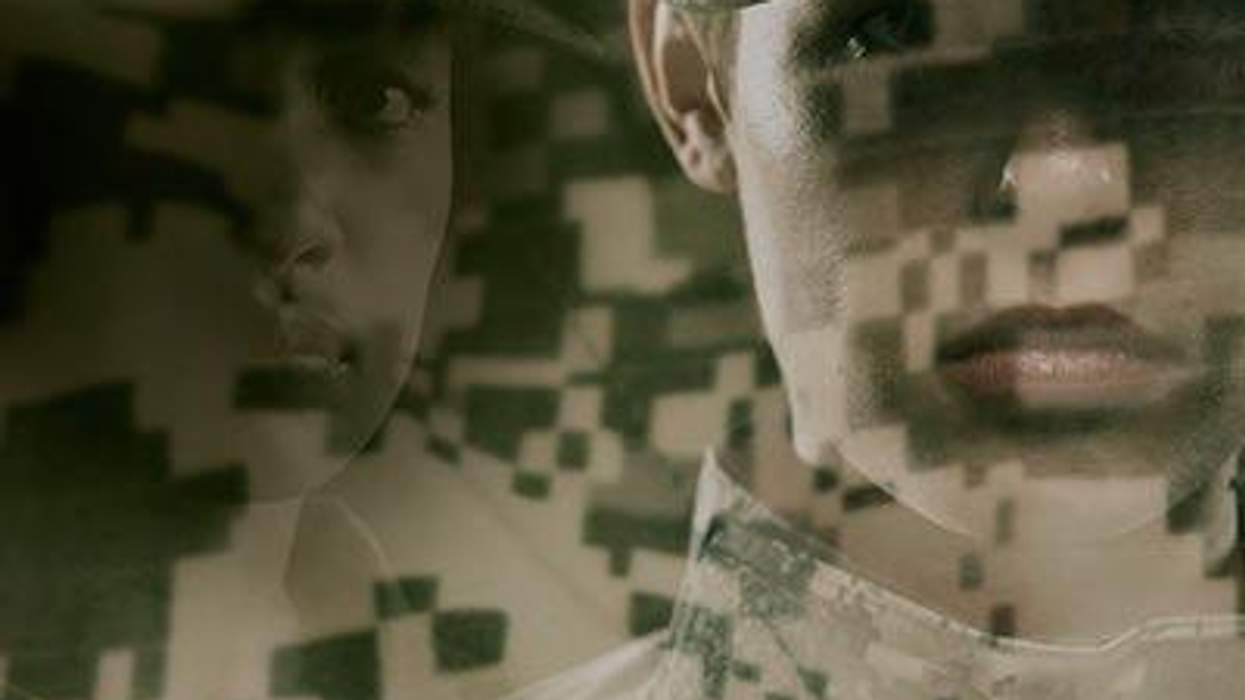

 AMANDA KERRI is an Oklahoma City-based comedian and an OKC Pride board member. Follow her at
AMANDA KERRI is an Oklahoma City-based comedian and an OKC Pride board member. Follow her at 















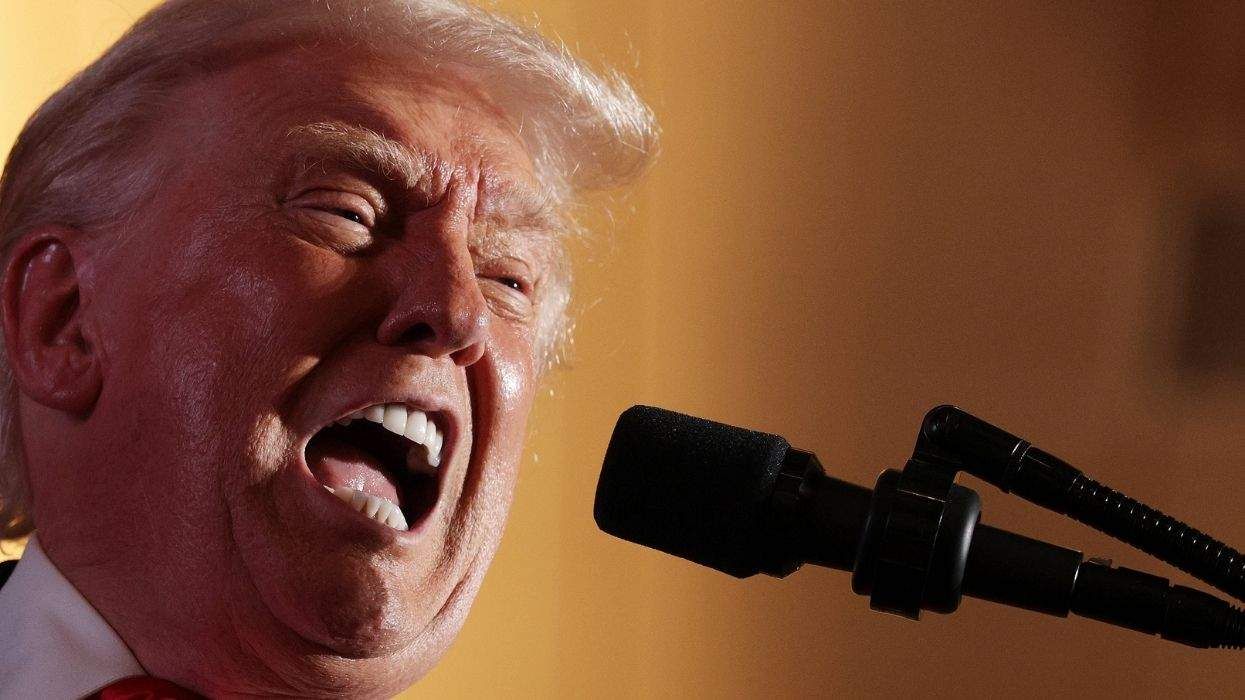

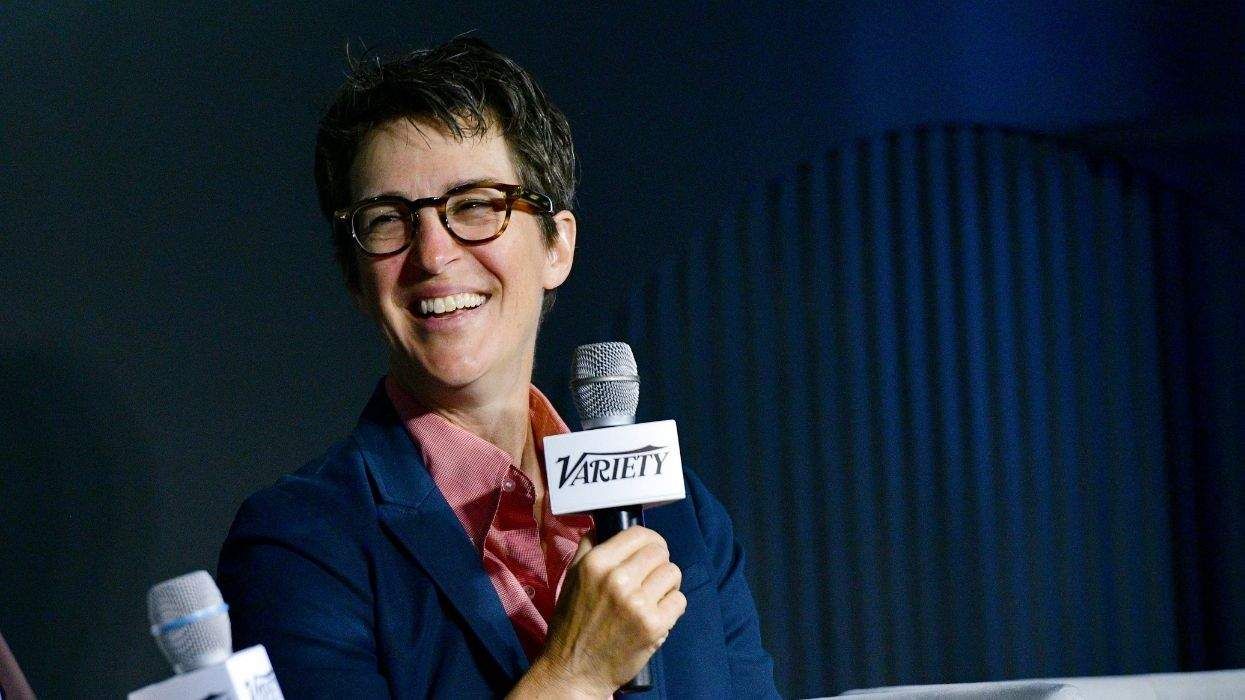
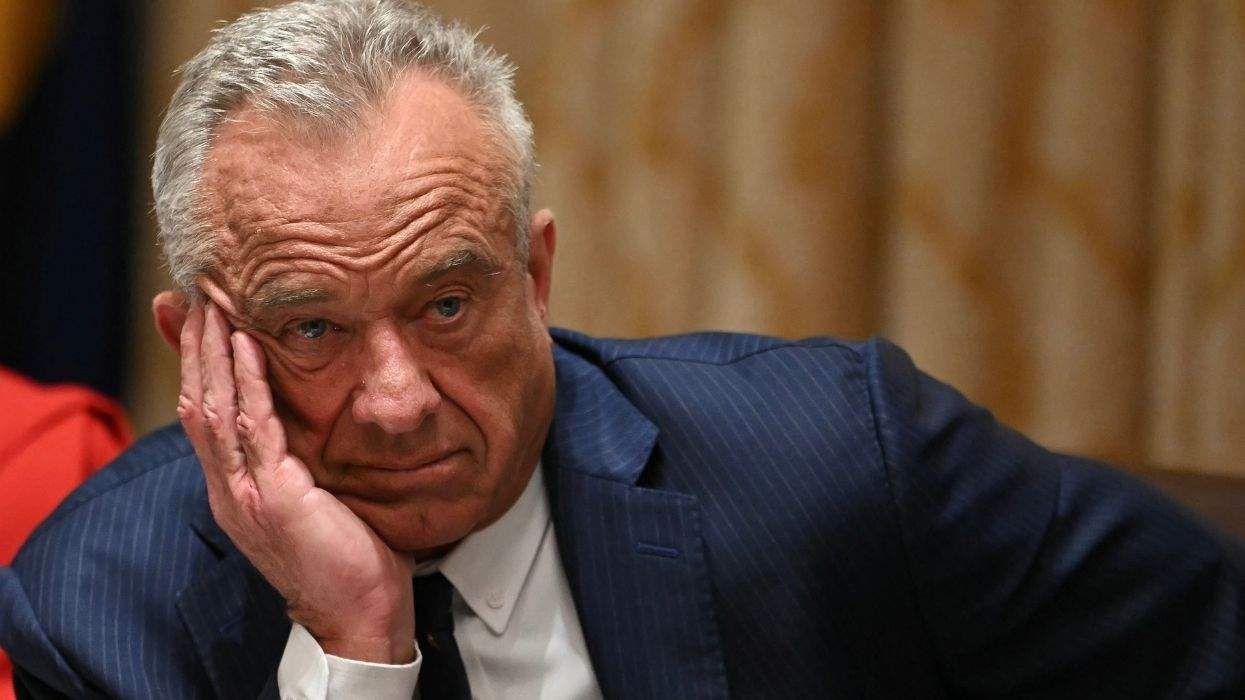
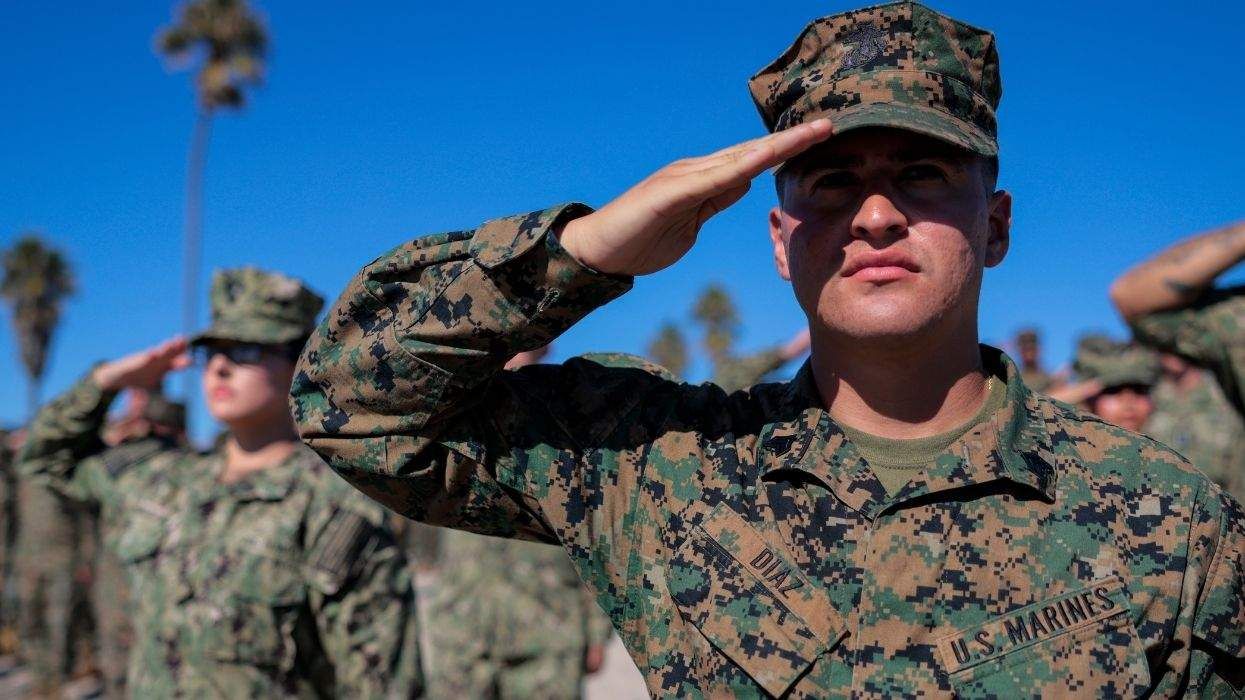
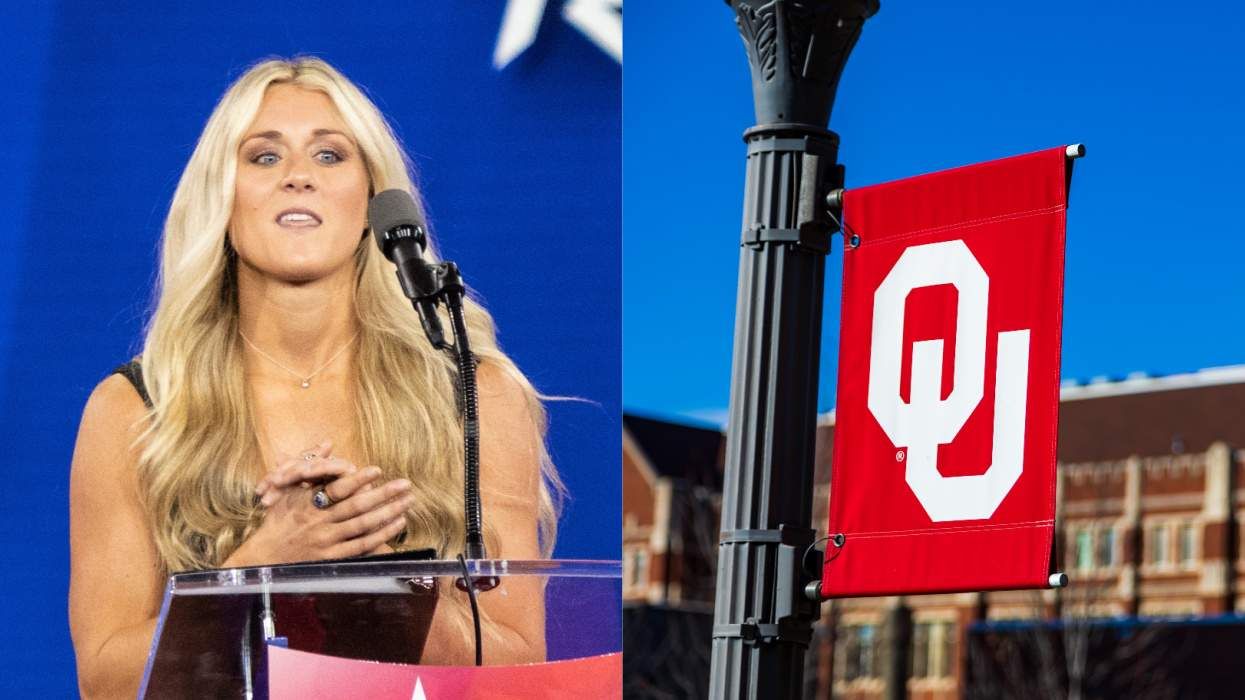
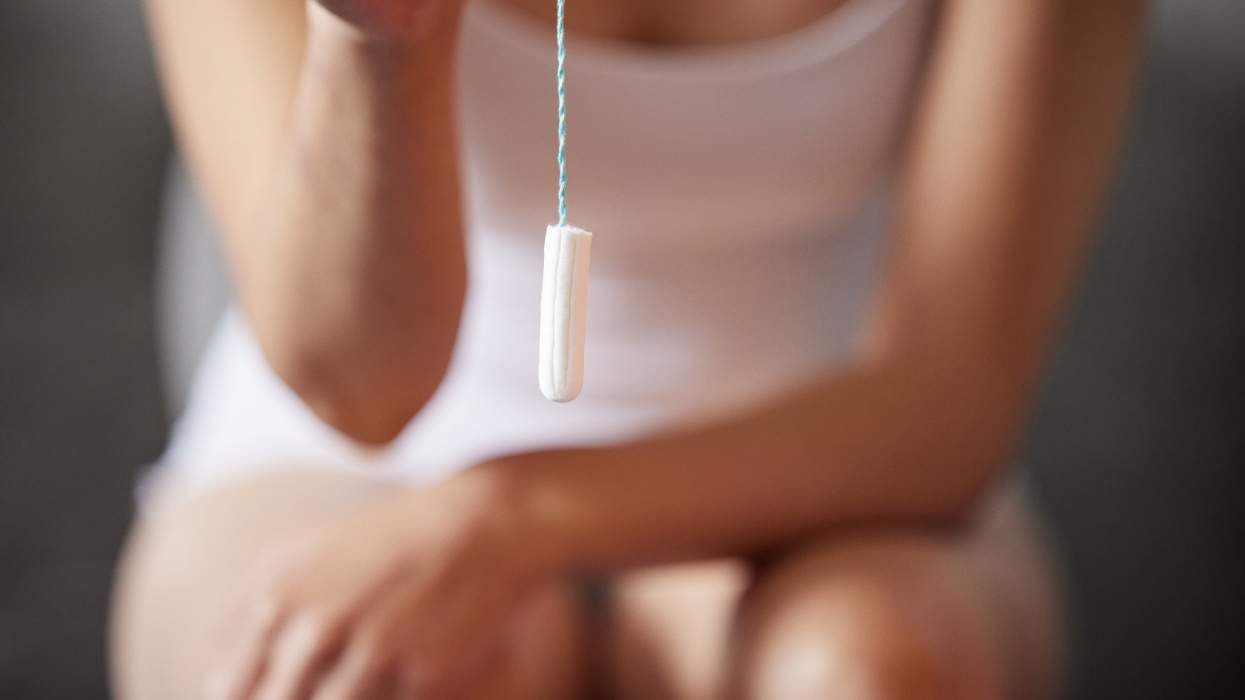

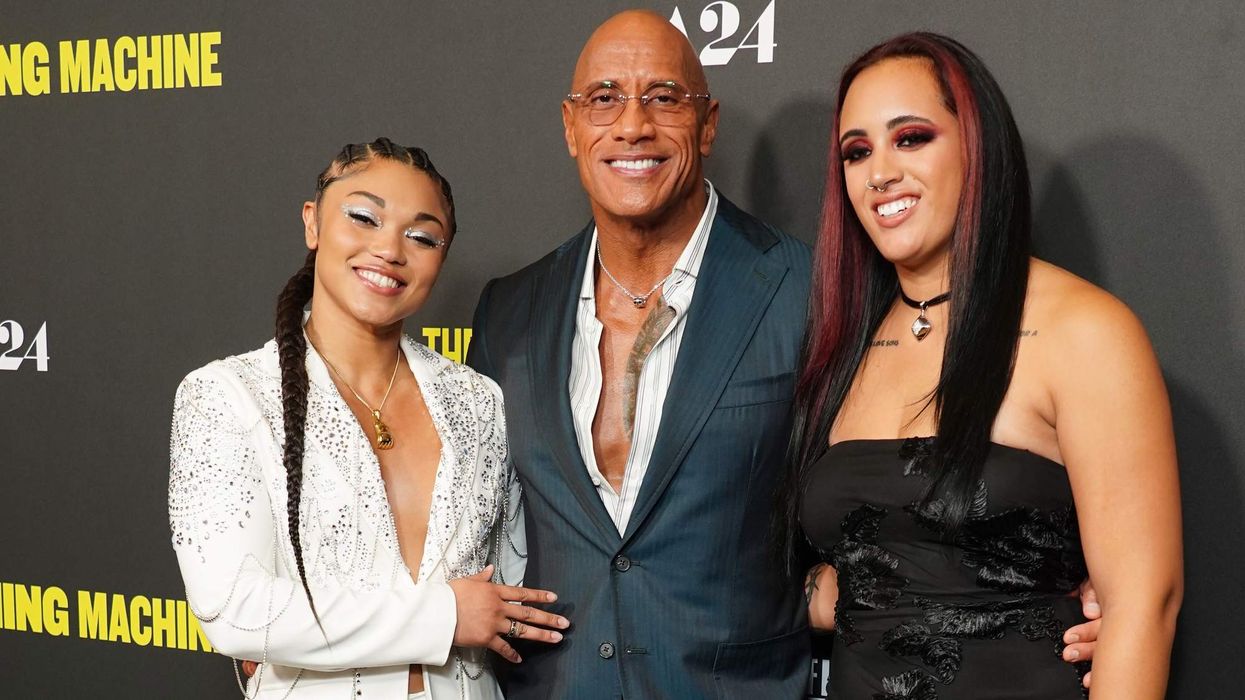
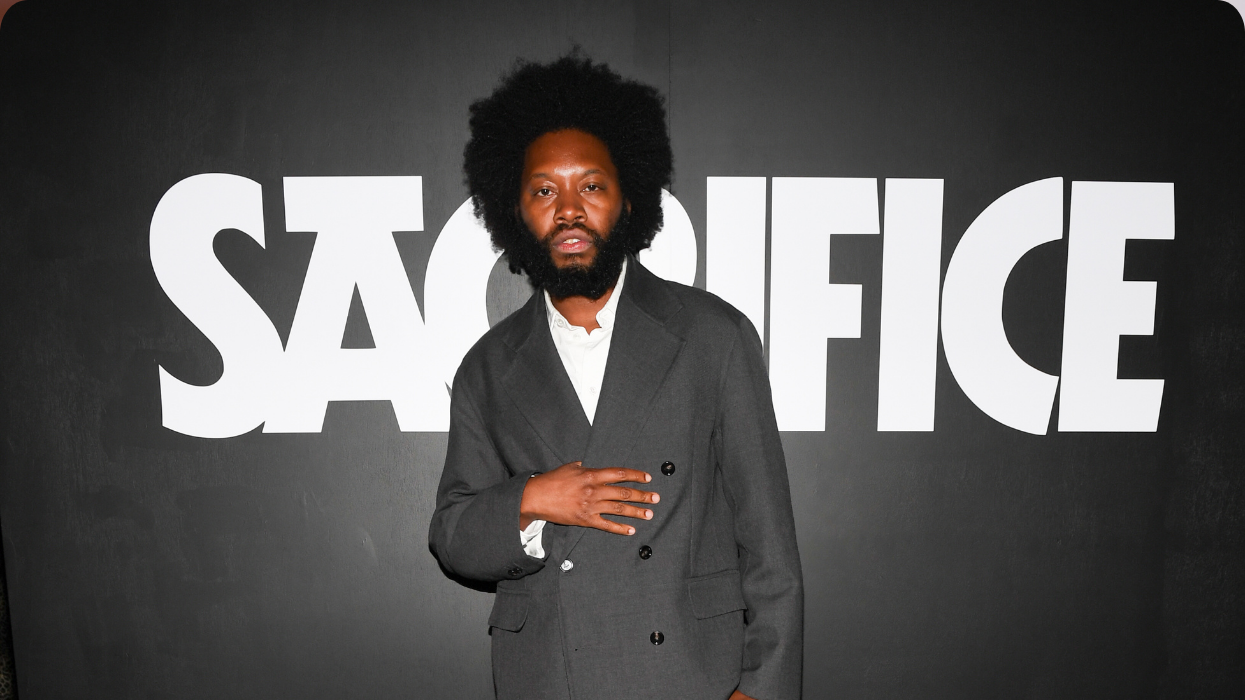

































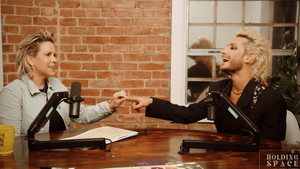



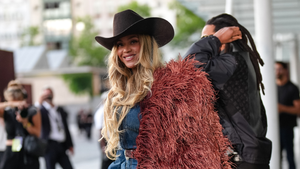


Charlie Kirk DID say stoning gay people was the 'perfect law' — and these other heinous quotes